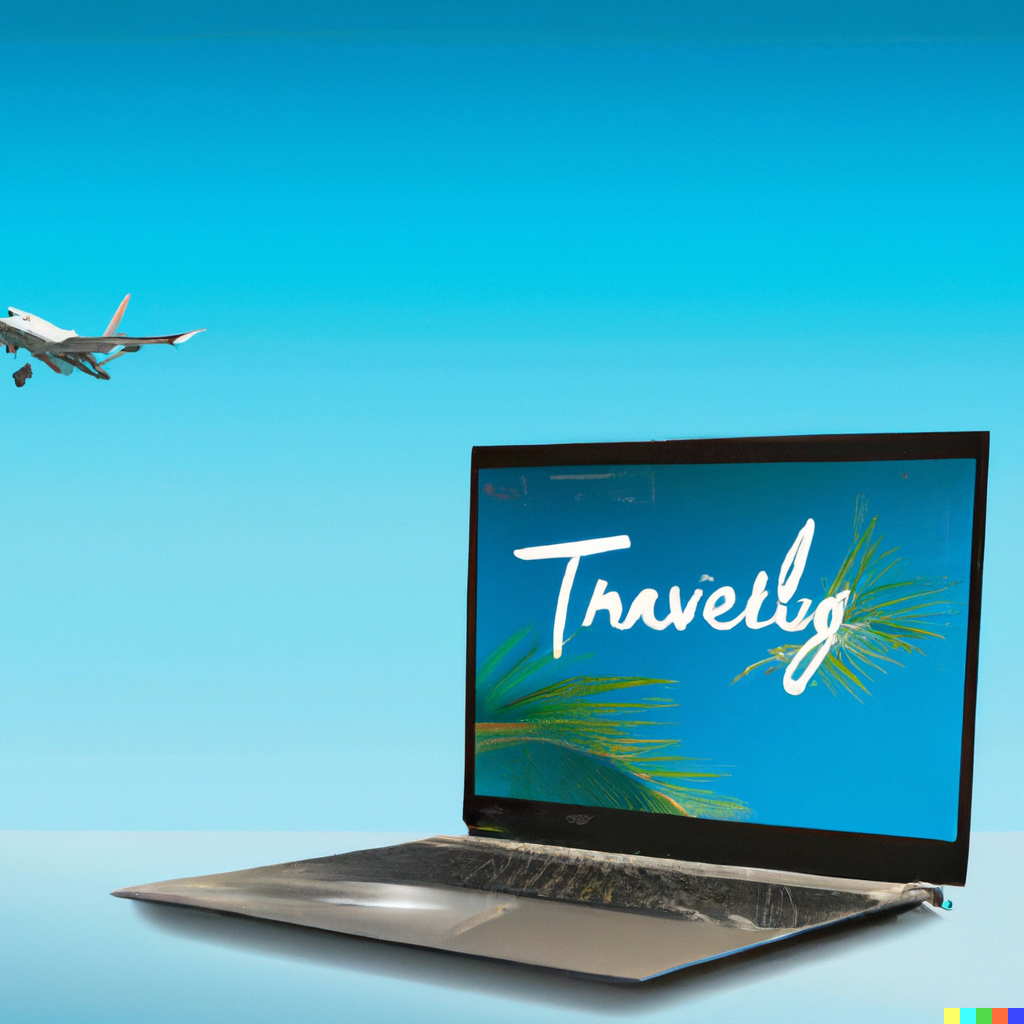November 13 | Travel Technology TravelTech

In recent years, Travel Technology (TravelTech) has revolutionized how people plan, book, and experience travel. From AI-driven recommendations to digital passports and smart hotels, technology has become the invisible force shaping every stage of our journey. Whether you’re a traveler, a startup founder, or part of a global travel brand, understanding TravelTech is key to thriving in the modern tourism landscape.
Travel Technology, or TravelTech, refers to the use of digital tools, platforms, and innovations that enhance and streamline the travel experience. It encompasses everything from booking engines and travel management systems to AI-powered chatbots, virtual tours, and blockchain-based identity verification.
At its core, TravelTech bridges the gap between technology and tourism, helping businesses operate more efficiently and travelers make smarter, faster, and more sustainable choices.
AI personalizes travel experiences by analyzing user data and predicting preferences. Platforms like Booking.com and Expedia use AI to recommend destinations, optimize pricing, and even forecast weather or crowd conditions.
Example: AI chatbots handle customer queries 24/7, from flight rebookings to itinerary changes—enhancing both service speed and accuracy.
IoT connects devices to create seamless travel experiences. Smart luggage that tracks itself, hotel rooms that adjust temperature automatically, and digital boarding passes synced with wearables are all powered by IoT innovation.
Impact: Travelers enjoy a smoother, more connected journey, while businesses gain valuable insights into customer habits.
Before booking, travelers can take a virtual tour of a resort or AR walk-through of a museum. This immersive content builds confidence in decision-making and boosts conversion rates for travel businesses.
Example: Marriott and Hilton use VR experiences to showcase properties and destinations, giving travelers a “try before you fly” advantage.
Blockchain ensures secure and transparent transactions, while digital identity systems streamline check-ins, visa applications, and border controls. The concept of a digital passport is rapidly gaining traction, promising faster and safer travel.
Example: The International Air Transport Association (IATA) is testing the Travel Pass, a blockchain-based health and identity credential system for global air travel.
Eco-conscious travelers are turning to apps and platforms that promote green travel—from carbon footprint calculators to electric vehicle rental systems. AI helps optimize flight routes and hotel energy consumption, reducing overall environmental impact.
The next decade will bring even more transformative innovations:
The fusion of technology and travel will make exploration not only more accessible but also more intelligent, sustainable, and immersive.
TravelTech isn’t just reshaping tourism—it’s redefining the human experience of movement and discovery. As travelers demand more personalization, safety, and sustainability, the TravelTech industry will continue to evolve at lightning speed.
SHARE THIS:
© Copyright 2026Global Tech AwardsAll Rights Reserved